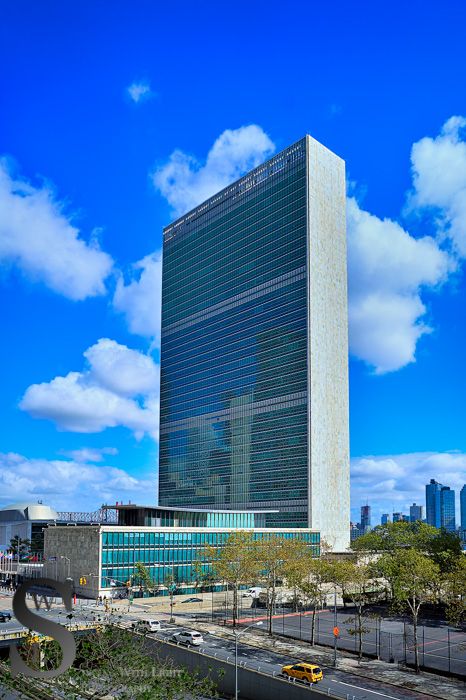This fifth contribution to the challenge paper on the Grand Challenge on Inequality and Exclusion, part of the Pathfinders initiative, explores innovative social protection. We acknowledge the current partnership between the World Bank, the OECD, and the econonomic justice initiative of the Open Society Foundations in carrying out this research.

This review is based on a framework of both recognition and redistribution: i.e. that tangible redistributive outcomes are important in social protection, but so is the sense of recognition, meaning that the recipients of social protection are treated as equals, without loss of dignity or humiliation; and that differences in identity and circumstances are taken into account. This framework captures and incorporates recent innovations in social protection that include key aspects of subjective well-being, including dignity and respect, empowerment and agency, identity and belonging; strengthens the horizontal solidarity within communities and vertical relationships with the state; and recognizes citizens should be accorded rights and a voice in program design and implementation.
Key partner contributions to this area of work include the following:
- Thematic Brief: Recognition | OECD: In this paper, OECD analyze the philosophical underpinnings of the concept of recognition, the relevance to policy debates in OECD countries, and identify examples of the “empowering state – combining redistribution with recognition” in practice in OECD countries. It highlights the benefits and challenges involved in treating the social and symbolic dimensions of subjective well-being through the lens of recognition, as well as the scope for integrating this perspective into policy recommendations alongside more traditional concerns relating to the redistribution of income, wealth or opportunities. Read the full paper by OECD here
- Recognising Communities Local Level Responses | The World Bank: This paper draws on lessons from its social protection and community driven development programmes to identify examples of innovation that combines recognition and dignity with tangible redistribution, as well as lessons with broader or more general applicability. It showcases how approaches that involve, reinforce, and engage with communities not only form a different, complementary starting point that builds on a country’s indigenous strengths, but can also contribute to very practical policies and actions that foster inclusion and bring citizens into a closer and more beneficial relationship with the state. Read the full paper by The World Bank’s Tara Moayed here
- Graduation Approach and Universal Basic Income | Open Society Foundations: The Economic Advancement Program of Open Society have contributed to two papers which highlight lessons learned from country pilots on the use of participatory processes and innovative social protection programs to promote greater empowerment and recognition. Specifically, the papers explore the value of the “Graduation Approach”, which integrates traditional safety net programs with transfers with non-material components to promote multiple dimensions of individual well-being, as well as providing universal basic income in the form of unconditional cash transfers on a regular periodic basis, as supplementary income for covering basic human wants regardless of need. Read the full paper by the Open Society Foundation’s Robin Varghese here



